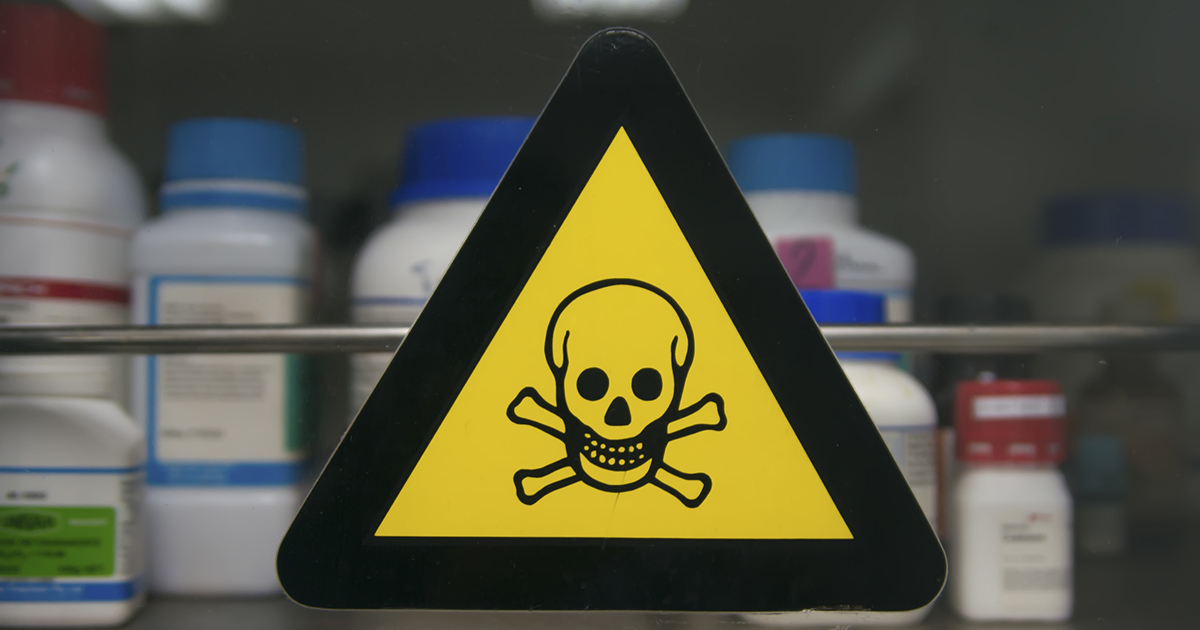Causes Of Aplastic Anemia
The human body performs numerous vital tasks every day. One of those tasks is making new blood cells from the stem cells found in bone marrow. Red blood cells, white blood cells, and platelets are all required for the body to function, and when your body stops producing a sufficient amount of these new blood cells, aplastic anemia is the result. Aplastic anemia has several main causes, including exposure to toxic chemicals, radiation, and chemotherapy, as well as viral infections, medications, and autoimmune disorders. This condition can be quite challenging to treat, so the sooner a cause is found and treatment is administered, the better chance there is for recovery.
Toxic Chemicals

Exposure to certain types of toxic chemicals, including those commonly used in insecticides and pesticides, can cause aplastic anemia. Additionally, exposure to benzene, a chemical contained in gasoline, has been known to cause aplastic anemia. Benzene has been used since the middle of the nineteenth century, but its ability to produce aplastic anemia was not recorded until 1897 when four fatal cases of it were noted in a Swedish factory. Avoiding these toxins might be able to improve the severity of aplastic anemia over time but, of course, the condition should be diagnosed and treated by a trained medical professional.
Radiation And Chemotherapy

Another set of factors known to cause aplastic anemia are radiation and chemotherapy. These therapies are known to be effective at killing off cancerous cells, but they sometimes inadvertently end up harming healthy stem cells found in the bone marrow. In fact, chemotherapy can cause blood cell counts to fall as quickly as one week after starting treatment. This reduces the number of red blood cells, white blood cells, and platelets in the body. Thankfully, this reduction is usually temporary and should improve after radiation therapy or chemotherapy have been successfully completed. However, when this does not happen, serious consequences such as aplastic anemia may result.
